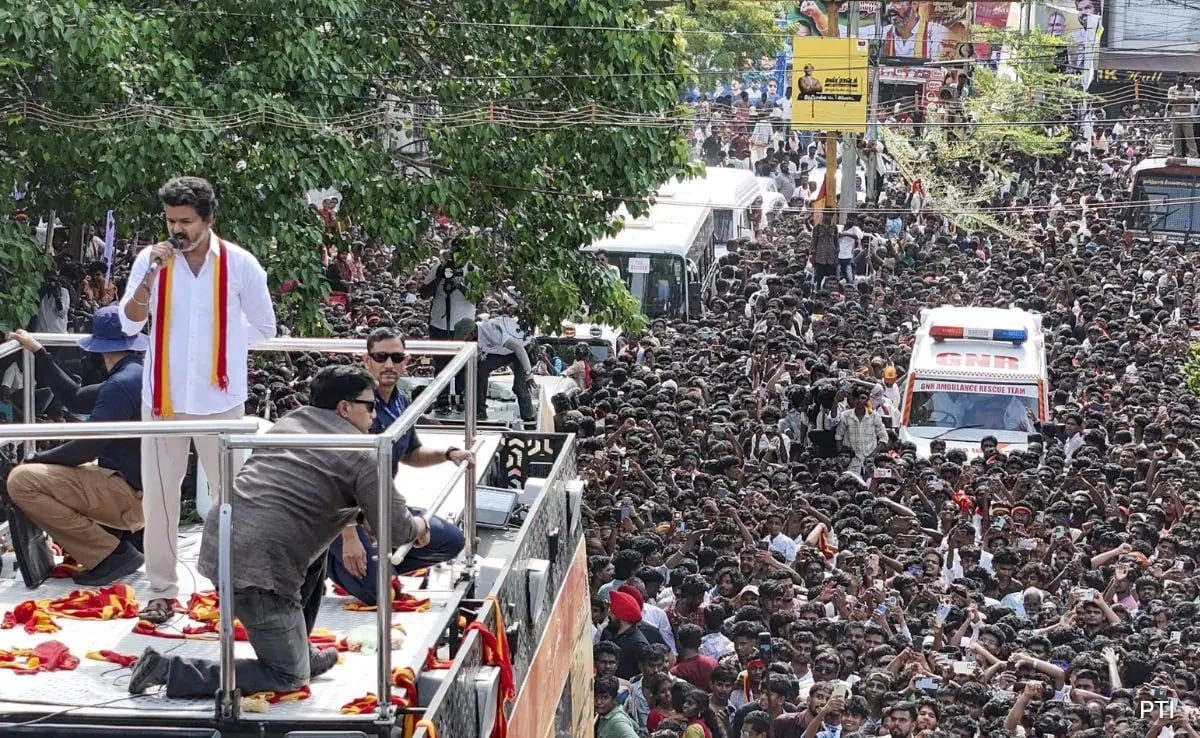The Calcutta High Court recently addressed the alarming issue of violence surrounding the Waqf properties in West Bengal, emphasizing the need for urgent intervention. The court’s remarks underscored the critical importance of safeguarding these properties, which are meant for the welfare of the community and the promotion of religious practices. The judges expressed their deep concern over the escalating tensions and violent incidents that have marred the sanctity of Waqf land. Their assertion that “we cannot turn a blind eye” highlights the judiciary’s commitment to ensuring justice and upholding the rule of law in the face of rising communal strife.
In recent months, reports of violence linked to disputes over Waqf properties have proliferated, raising serious questions about law enforcement and the protection of minority rights. The court’s observations serve as a clarion call for state authorities to take proactive measures to prevent further unrest. It is essential for the government to implement effective policies that not only protect Waqf properties but also foster an atmosphere of peace and mutual respect among different communities. The judiciary’s role in this context is crucial, as it serves as a guardian of constitutional rights and social harmony.
Moreover, the court’s intervention reflects a broader concern regarding the management of Waqf properties and the potential for misuse. The judges highlighted the necessity of transparent governance and accountability in the administration of these properties, which are intended to benefit the community at large. This situation calls for a comprehensive review of existing laws and regulations governing Waqf properties to ensure that they are not exploited for personal gains or subjected to violence. The High Court’s stance is a reminder of the judiciary’s duty to protect vulnerable communities and uphold the principles of justice, equity, and fairness.
Ultimately, the Calcutta High Court’s intervention in the matter of Waqf violence is a significant step toward addressing the underlying issues that fuel such conflicts. It is imperative for all stakeholders, including government authorities, law enforcement agencies, and community leaders, to come together to foster dialogue and understanding. By prioritizing the protection of Waqf properties and promoting a culture of peace, West Bengal can pave the way for a more harmonious coexistence among its diverse communities, ensuring that the spirit of unity prevails over division. The court’s message is clear: vigilance and action are necessary to prevent further violence and to uphold the values of justice and community welfare.




